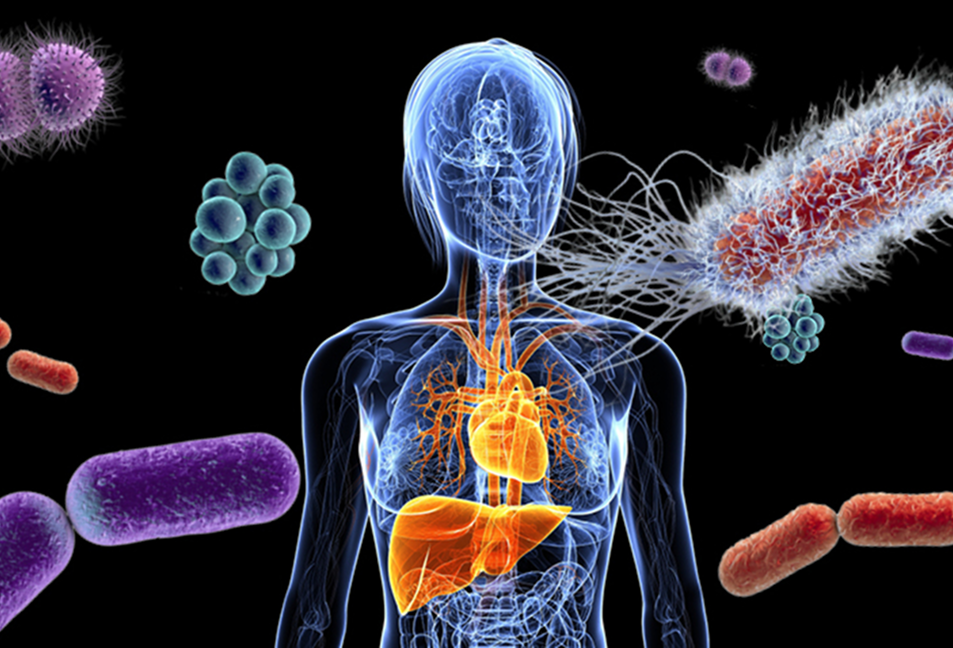The relationship between ecological factors and human health is a growing area of research in the United Kingdom. Environmental conditions, including air quality, water quality, biodiversity, climate, and exposure to pollutants, play a crucial role in shaping physical and mental well-being. As urbanization, industrial activity, and climate change increasingly affect ecosystems, understanding the interplay between ecology and health is essential for developing effective public health strategies, policy interventions, and sustainable living practices across the UK.
Air quality and respiratory health
Air pollution remains one of the most significant ecological threats to human health. In urban areas of the United Kingdom, emissions from vehicles, industry, and domestic heating contribute to elevated levels of nitrogen dioxide, particulate matter, and ozone. Exposure to these pollutants is associated with respiratory diseases, including asthma, chronic obstructive pulmonary disease (COPD), and lung cancer. Children, the elderly, and individuals with pre-existing conditions are particularly vulnerable. UK research emphasizes monitoring air quality, implementing low-emission zones, and promoting sustainable transport solutions to mitigate these health risks.
Water quality and sanitation
Access to clean water is fundamental to health, and ecological factors directly influence water safety. Contamination from agricultural runoff, industrial discharges, and microbial pathogens can lead to gastrointestinal illnesses, infections, and long-term health complications. In the UK, environmental agencies monitor water quality, enforce regulations on pollutants, and promote sustainable water management practices. Public health initiatives focus on ensuring safe drinking water, maintaining ecosystem integrity, and protecting aquatic environments to prevent waterborne diseases.
Climate change and health outcomes
Climate change is increasingly recognized as a major ecological determinant of health. Rising temperatures, extreme weather events, and altered precipitation patterns affect disease transmission, food security, and mental health. In the UK, heatwaves pose risks of heat stress and cardiovascular strain, particularly for vulnerable populations. Changes in rainfall and flooding influence waterborne disease outbreaks and exacerbate infrastructure challenges. Research in the UK explores climate adaptation strategies, early warning systems, and community resilience programs to mitigate health impacts associated with ecological changes.
Biodiversity and mental well-being
Biodiversity, or the variety of life within ecosystems, has a profound influence on human health. Exposure to green spaces, urban parks, and natural habitats has been linked to improved mental health, reduced stress, and enhanced cognitive function. UK studies demonstrate that interaction with biodiverse environments supports emotional well-being, encourages physical activity, and strengthens social cohesion. Conserving natural habitats, promoting urban greening, and integrating nature into community planning are important strategies for enhancing population health through ecological stewardship.
Chemical exposure and toxicology
Ecological systems are reservoirs for both natural and anthropogenic chemicals that affect human health. Pesticides, heavy metals, industrial chemicals, and microplastics can enter the food chain and accumulate in human tissues, leading to endocrine disruption, neurological impairment, and chronic diseases. In the UK, environmental monitoring, regulatory standards, and research into toxicological effects are critical for minimizing exposure. Public awareness campaigns and sustainable agricultural practices contribute to reducing chemical-related health risks.
Vector-borne diseases and ecological interactions
Changes in ecosystems influence the distribution of disease vectors such as mosquitoes, ticks, and rodents. Climate shifts, urban expansion, and habitat fragmentation can alter vector populations, increasing the risk of infectious diseases. In the UK, surveillance programs monitor vector-borne diseases such as Lyme disease, West Nile virus, and tick-borne encephalitis. Understanding ecological determinants of vector dynamics enables timely public health interventions, vaccination strategies, and community education to prevent disease outbreaks.





